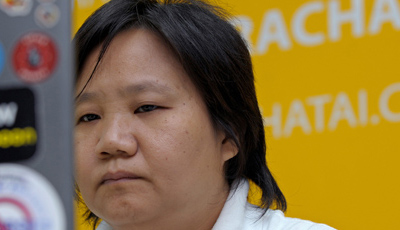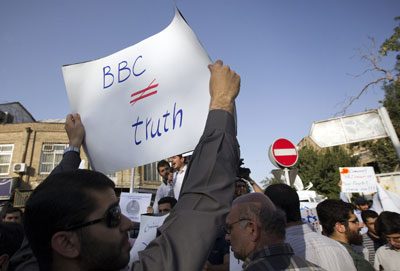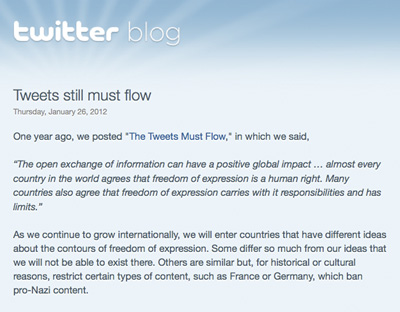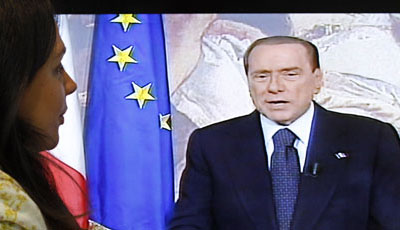UK
2012

Attacks on the Press in 2011: Regulating the Internet
Legislation for Internet security can quickly turn into a weapon against the free press. Cybercrime laws are intended to extend existing penal codes to the online world, but they can easily be broadened to criminalize standard journalistic practices. By Danny O’Brien
Attacks on the Press in 2011: United Kingdom
The News of the World phone-hacking scandal and subsequent public inquiry raised concerns that public interest journalism could suffer from efforts to curtail unethical practices through regulation. While investigating related police leaks, Scotland Yard invoked the Official Secrets Act to pressure a journalist to reveal sources for her coverage of the scandal. Authorities ultimately backed…

Iran detains, harasses relatives of BBC Persian service staff
New York, February 3, 2012–The Committee to Protect Journalists condemns the detention and harassment in Iran of relatives of BBC Persian service staff who work outside the country, which is part of a sustained campaign to intimidate journalists into not reporting critically on Tehran’s activities.

Can selective blocking pre-empt wider censorship?
Last week, Twitter provoked a fierce debate online when it announced a new capability–and related policy–to hide tweets on a country-specific basis. By building this feature into its website’s basic code, Twitter said it hoped to offer a more tailored response to legal demands to remove tweets globally. The company will inform users if any…
